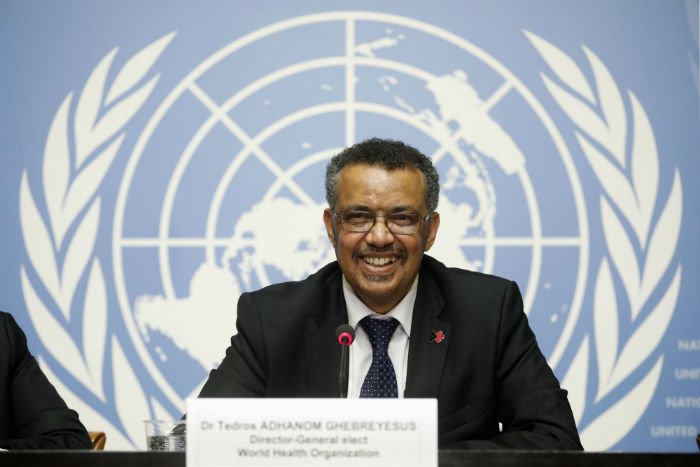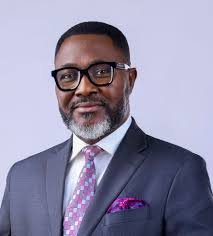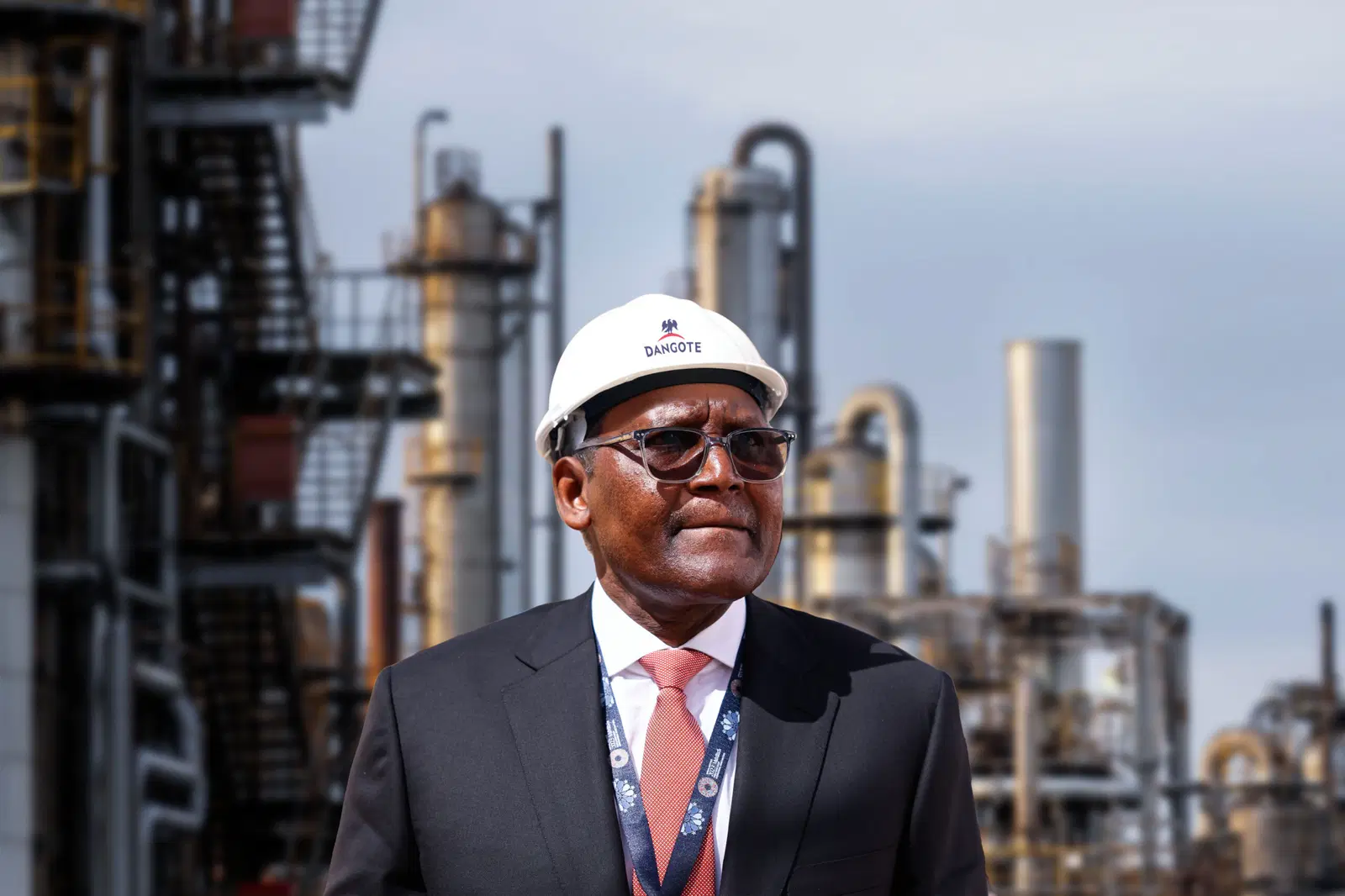COVID-19: With the support of the Member States and donors, we raised $1.58bn for SPRP
By Dr. Tedros Ghebreyesus
Just over a year ago, WHO launched its first Strategic Preparedness and Response Plan for the COVID-19 pandemic.
The SPRP outlined the comprehensive response needed and which many countries have followed successfully to suppress transmission, protect the vulnerable and save lives.
With an ask of 1.7 billion U.S. dollars, the first SPRP saw an unprecedented response.
With the support of the Member States and donors, we raised 1.58 billion dollars, over 90% of which was allocated to countries and regions, getting vital funding to those at the frontline of the pandemic, and supporting WHO’s core scientific and technical work.
It also enabled WHO and our partners to ship millions of tests and items of personal protective equipment and to support thousands of ICU beds around the world.
We deployed 191 Emergency Medical Teams, supported seroepidemiological studies in 58 countries, offered 150 online training events, reaching 4.7 million participants – and much more.
Today we are proud to launch the Strategic Preparedness and Response Plan for 2021.
The new plan builds on last year’s SPRP, with six objectives:
Suppress transmission; reduce exposure; counter misinformation and disinformation; protect the vulnerable; reduce death and illness; and accelerate equitable access to new tools, including vaccines, diagnostics and therapeutics.
The financial need to meet these objectives is 1.96 billion U.S. dollars, including 1.2 billion dollars for the WHO component of the ACT Accelerator.
And 643 million will go towards supporting people in need of humanitarian assistance in fragile, conflict and vulnerable settings.
The SPRP also recognizes the need to fully integrate the COVID-19 response into planning for health and development programmes.
Fully funding the SPRP is not just an investment in responding to COVID-19, it’s an investment in the global recovery and in building the architecture to prepare for, prevent and mitigate future health emergencies.
At the beginning of the year, I issued a call to action to ensure that vaccination of health workers was underway in all countries within the first 100 days of the year.
Tomorrow marks the halfway point, and we have made progress, but we are not there yet.
With the emergency use listing of two versions of the AstraZeneca vaccine this week, COVAX is ready to roll out vaccines and is waiting for several manufacturers to make good on their commitments.
The world is moving closer to delivering the promise of vaccine equity.
Vaccine equity will be on the agenda at both the G7 leaders meeting and the Munich Security Conference tomorrow.
Tomorrow, WHO will also launch a new declaration focused on vaccine equity and I have been encouraged by the support we have received from hundreds of organizations and thousands of people.
Health worker groups, international agencies, religious groups, youth movements, sporting bodies and athletes have all signed the declaration.
The declaration calls for action from several groups:
It calls for political leaders to increase contributions to the COVAX facility and to share doses with COVAX, in parallel with their own national vaccine rollout;
It calls for vaccine manufacturers to share know-how with the COVID-19 Technology Access Pool, to scale up vaccine manufacturing and dramatically increase the global supply of vaccines;
It calls for regulatory bodies to accelerate approval processes in a safe and effective way;
It calls for ministries of health to work with WHO and others to invest in and prepare their primary health care systems for distribution of COVID-19 vaccines to health workers and to develop data systems on vaccine supply, distribution and uptake;
And it calls for all governments to ensure that COVID-19 vaccines are distributed free at the point of care, without risk of financial hardship, starting with health workers.
Vaccine equity is especially important for fragile and vulnerable groups, and for small island states like those in the Pacific and Caribbean with small populations who can miss out on vaccines because they have less bargaining power than big countries.
Everywhere means everywhere. Nowhere should be left behind.
Today we’re privileged to be joined by the Honourable Dr Keith Rowley, the Prime Minister of the Republic of Trinidad & Tobago.
Prime Minister, thank you for your leadership and thank you for joining us today. You have the floor.
Thank you so much, Prime Minister, it’s such a great honour to have you. I fully agree, we have models of sharing, we have models of caring. This invisible destroyer, as you have said, a common enemy, cannot be defeated without solidarity.
Thank you so much, indeed, and I would also like to recognize that Trinidad and Tobago, your country, has done very well in this pandemic, and this is because of your leadership. Even without vaccines, using simple public health solutions, we can see from your own experience that this virus can be controlled.
So thank you so much for your leadership, Your Excellency, and I welcome your solidarity and I’m pleased that your first health worker was vaccinated yesterday!
The record-breaking pace of COVID-19 vaccine development shows that where there is a will, there is a way. If people everywhere demand vaccine equity, it can be done.







